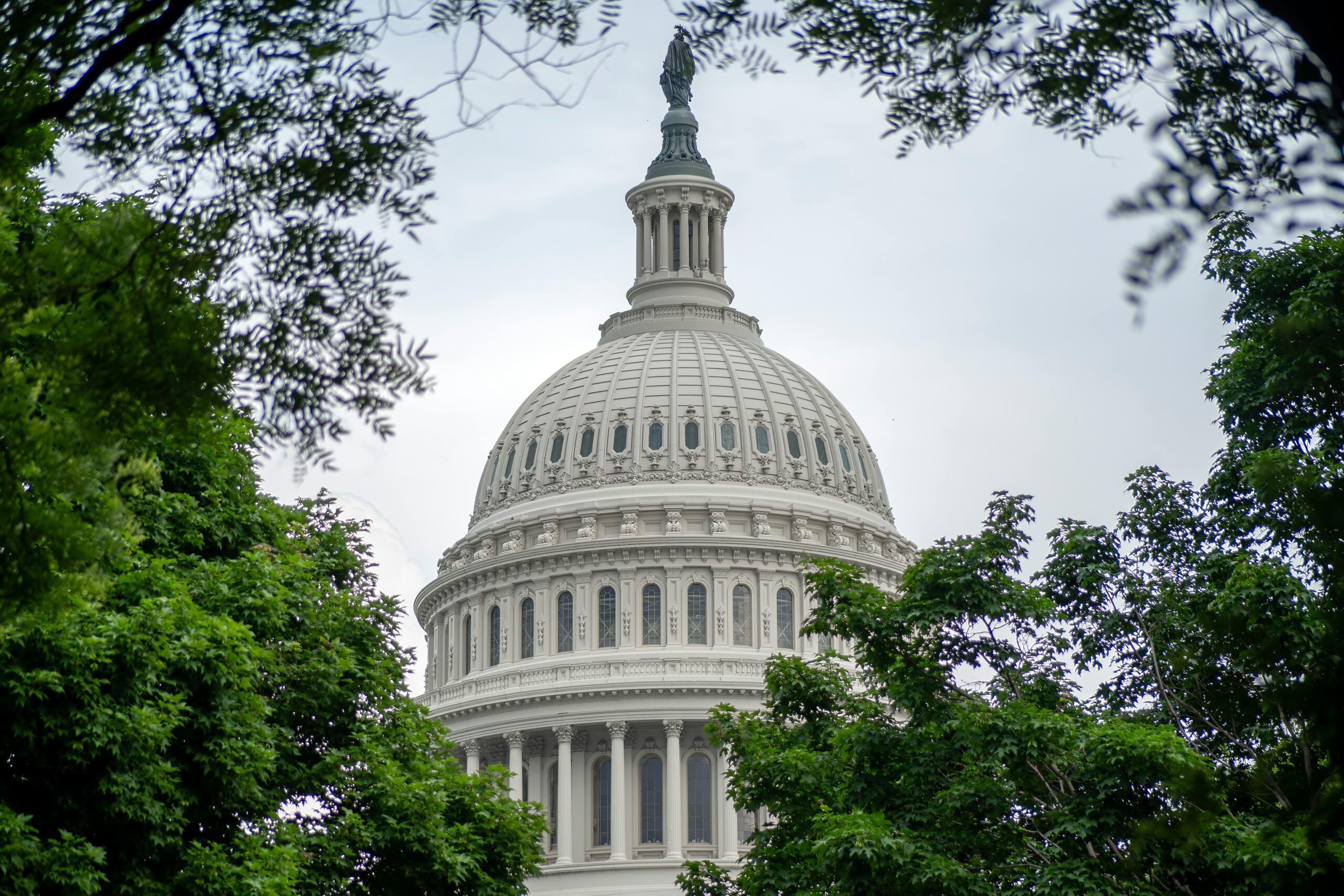The OBBBA: A Blow to Clean Energy and Hoosier Families
President Trump recently signed into law a sprawling budget reconciliation package that went through multiple versions very quickly before being signed into law. ICV is here to break down what made it across the finish line and how certain pieces will affect Hoosier families.
A few takeaways:
- Increases families’ energy costs by eliminating clean energy and home energy efficiency tax credits, making fuel efficiency standards ineffective, and adding ways to prop up expensive coal.
- Creates a pathway for polluters to avoid proper reviews with a new fee-based permitting structure and other deals that would allow certain energy projects to sidestep environmental review and community input.
- Impacts public health and increases medical costs by eliminating pollution cleanup programs and the clean school bus program for schools, all while cutting funding for communities to be able to track harmful air pollution.
- Impacts clean energy manufacturing and hundreds of thousands of good-paying jobs through an expedited phase out of commercial clean energy and energy efficiency tax credits
Programs that had been helping Hoosier families transition to solar, weatherize their homes and potentially reduce their energy bills are now scheduled to end. The bill chooses to divest from the cheapest energy source and instead increase funding and pathways for the most expensive sources.
In addition to the divestment in critical technology and environmental protections, the legislation reduces funding for medicare, medicaid, and SNAP, which will cause millions of Americans to lose health insurance coverage. Effects could include hospitals closing, laying off staff or reducing services. As federal funds decline, Indiana will face difficult budget choices.
Hard-working Hoosiers who are already doing their best to make ends meet will soon find themselves paying more for less—less support, less opportunity and less protection from the pollution that threatens their communities.
It’s no exaggeration to say this bill endangers the very future we’ve been working toward, where Indiana leads on clean, reliable energy, protects and manages its natural resources and gives every family a fair shot.
A Setback for Clean Energy and Environmental Fairness
Indiana has been building momentum toward a cleaner, more affordable energy future. Homegrown solar projects, battery storage innovation and clean energy job growth have ushered in new opportunities for communities across our state.
This new law eliminates federal tax incentives that made solar panels, energy-efficient appliances and electric vehicles more accessible to middle- and working-class families. Without those supports, it becomes harder—and in some cases impossible—for Hoosiers to participate in the clean energy economy or cut their energy bills.
This analysis from earlier in the year shows how much energy costs are expected to rise by state with the repeal of federal clean energy tax cuts:

Meanwhile, permitting processes that once required basic environmental review will now be fast-tracked or bypassed altogether, giving polluters the green light to act first and answer questions later—or never. Communities near coal plants, highways and industrial facilities, often low-income and communities of color, will suffer most from the increased pollution and lack of enforcement.
And rather than investing in our clean energy future, this bill actively directs federal dollars to prop up fossil fuels. It even allows companies to pay their way into faster approvals, making pollution a matter of price instead of principle.
Additional Harm to Hoosier Families
While the environmental rollbacks are very concerning, this bill also hits Hoosier families in their wallets, their homes, and their health.
The legislation imposes steep cuts to Medicaid, the Supplemental Nutrition Assistance Program (SNAP) and other safety net services that thousands of Indiana families rely on. It introduces new work requirements and bureaucratic hurdles designed to kick people off coverage and assistance, not help them thrive.
Early childhood education programs, community health clinics and housing supports also took a hit. For families already struggling with the rising cost of living, these cuts aren’t abstract; they mean fewer options for child care, longer wait times for health care and increased instability.
And as noted above, all this comes in addition to higher utility bills. By discouraging local clean energy development and doubling down on outdated, expensive fossil fuel infrastructure, energy costs are projected to rise for everyday consumers, with low- and middle-income Hoosiers feeling the most pain.
Many of these reductions won’t take effect until after next year’s mid-term elections, making it harder to hold those who made these cuts a reality accountable at the ballot box.
How Indiana’s Congressional Delegation Voted
In Indiana, the vote fell along party lines, with Republican members backing the bill and Democrats standing firmly against it.
Voted NO:
- Rep. André Carson (D–IN-07)
- Rep. Frank Mrvan (D–IN-01)
Voted YES:
- Sen. Jim Banks (R–IN)
- Sen. Todd Young (R–IN)
- Rep. Rudy Yakym (R–IN-02)
- Rep. Jim Banks (R–IN-03)
- Rep. Jim Baird (R–IN-04)
- Rep. Victoria Spartz (R–IN-05)
- Rep. Greg Pence (R–IN-06)
- Rep. Mark Messmer (R-IN-08)
- Rep. Erin Houchin (R-IN-09)
What Comes Next and How You Can Get Involved
There’s no way to say this isn’t a setback, but it’s not the end of the road. Hoosiers have spoken up time and again for clean air, safe water, affordable energy and safety net services. We’ll keep fighting for those values.
Indiana Conservation Voters will be working to hold lawmakers accountable, amplify the voices of communities most affected by this bill and continue organizing for a healthier, fairer future. Because no reconciliation package, no matter how rushed and reckless, can silence the growing movement for change in Indiana.
Want to stay involved? Join our email list, follow us on social media and help us build momentum. The future of our state depends on it.



